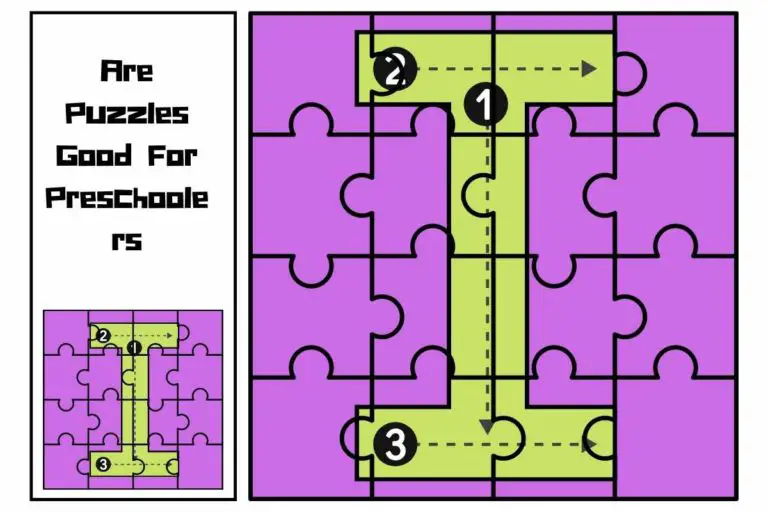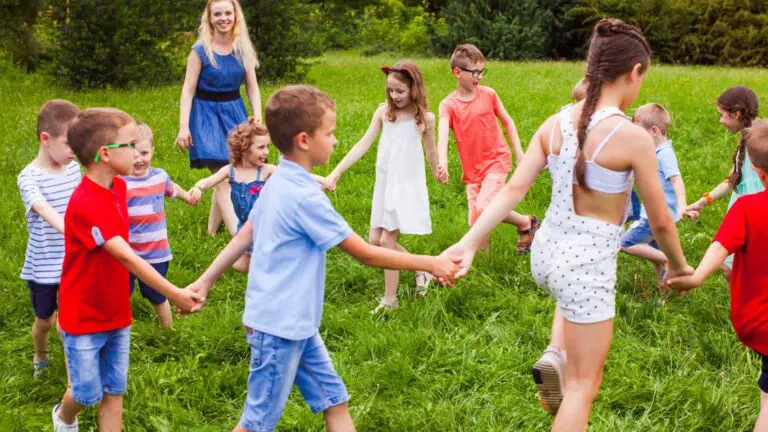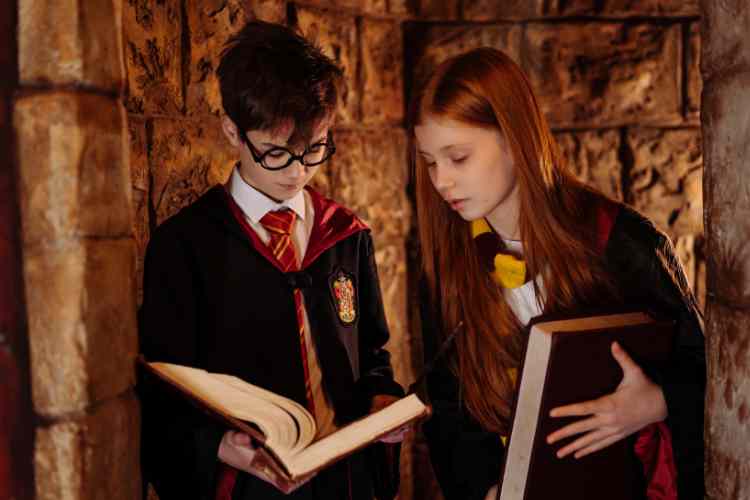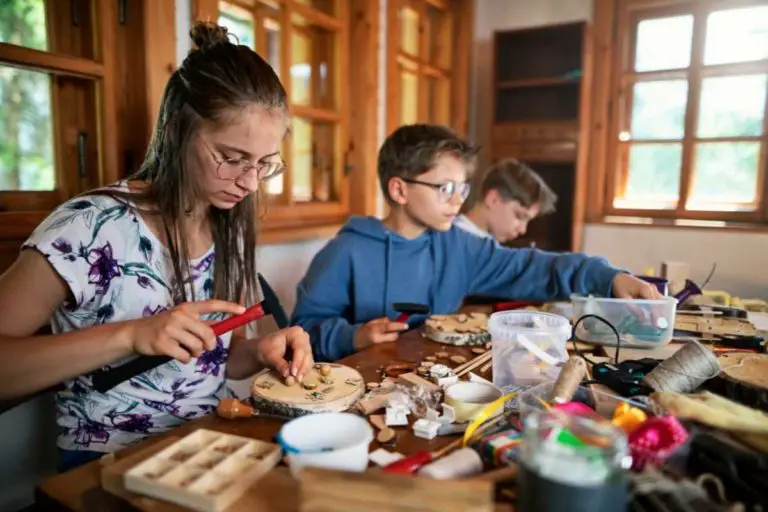What are the benefits of puzzles for toddlers?
What are the benefits of puzzles for toddlers?
Puzzles are more than just fun for kids. They’re also an important puzzle activity that can help toddlers make connections between what they see and what they do. Here are some of the great benefits of puzzles for children:
Puzzles are fun!
Puzzles are a great way to spend time with your toddler. Not only will they help them think, but they’ll also teach them how to use their hands and other muscles. Puzzles can help your child develop their fine motor skills, as well as their concentration and dexterity. Puzzles, therefore, provide lots of benefits for toddlers!
Puzzles are a fun way to spend time with your toddler. They can be particularly useful for parents who want to spend more time with their toddlers but do not have much free time in their schedule. It does not matter if you have less than an hour or more than an hour each day; puzzles will still be an excellent option for bonding between the two of you!
Puzzles develop dexterity.
The most important benefit of puzzles for toddlers is that they help develop dexterity. Fine motor skills are key in the development of handwriting and other activities, so it’s important that you start practicing them as early as possible. Puzzles allow your child to use their hands in ways they never thought possible before. While they may be frustrated at first, puzzles teach children how to solve problems by using their hands and eyes together in order to reach a goal.
Puzzles also help toddlers build hand-eye coordination as they learn how to pick up small objects like beads or wooden pieces with precision; this skill will come in handy when your toddler is learning how to feed themselves or brush their teeth independently!
Puzzles help toddlers learn to problem-solve.
Puzzles are a great way for your toddler to learn to problem-solve. The puzzle is put together by their own hands, and once they complete it, they can see the results of their hard work. This teaches them that when something doesn’t seem right or something is missing, you have to find out more about the situation before you can solve it.
This skill will carry over into other areas of life as well. When things don’t go as planned (like when Mommy gets home late from work), your child will be able to figure out what happened and why it happened in order to fix it or prevent it from happening again.
Puzzles teach spatial intelligence.
Puzzles help children learn spatial intelligence. Spatial intelligence is the ability to understand and remember the location of objects in space, and it’s important for problem-solving, learning math, science, and history.
For example: If you’re studying maps or globes in history class, having good spatial intelligence will help you understand where things are located on a map or globe before you’re able to read them off as they appear on paper.
Puzzles demonstrate causality.
When toddlers are able to put the pieces together, they are learning about causality—the relationship between cause and effect. This is a very important concept for children to grasp, and puzzles provide an opportunity for them to do so. By putting the puzzle together themselves (and seeing how others do it), toddlers will begin to understand that their actions have consequences in the real world. For example: “If I drop my cup of milk on the floor, it will break.”
Puzzles encourage creativity.
Puzzles are a great way to encourage creativity in toddlers. They provide a fun and exciting way for children to explore their surroundings with no specific end goal in mind. Playing with puzzles helps children learn about shapes, colors, and numbers which helps them develop critical thinking skills that will help them succeed in school later on.
Puzzles can also be used as an educational tool for young children who are just learning how to identify objects around them by matching their color or shape with those on the puzzle piece. Puzzles are a great tool for developing hand-eye coordination as well as fine motor skills because you’re constantly picking up small pieces off of the table and placing them in holes on the board!
Puzzles improve language and vocabulary.
Puzzles are a great way to improve your toddler’s language and vocabulary. Puzzles help toddlers learn to describe what they are doing, as well as the objects they are using. Puzzles also help with using words to talk about other things, such as describing where an object is located in relation to something else or what an object looks like.
puzzles are a great learning tool for toddlers
Toddlers are learning all the time, and puzzles can be a great tool for your child’s early education. Puzzles are a great way for toddlers to develop their motor skills, which is especially helpful if they’re having trouble with coordination or have issues grasping objects. Puzzles also help toddlers learn problem-solving skills as well as spatial intelligence: how to visualize objects in space, whether it’s putting together a puzzle piece or navigating through their own bedroom at night without bumping into anything.
It’s never too early—or too late—to get started on those brain-building activities!
Conclusion
So grab a puzzle, and let your toddler loose! The benefits of puzzles go far beyond learning to count or naming animals. With the right approach, puzzles can be an engine for creativity, problem-solving, and self-confidence.





